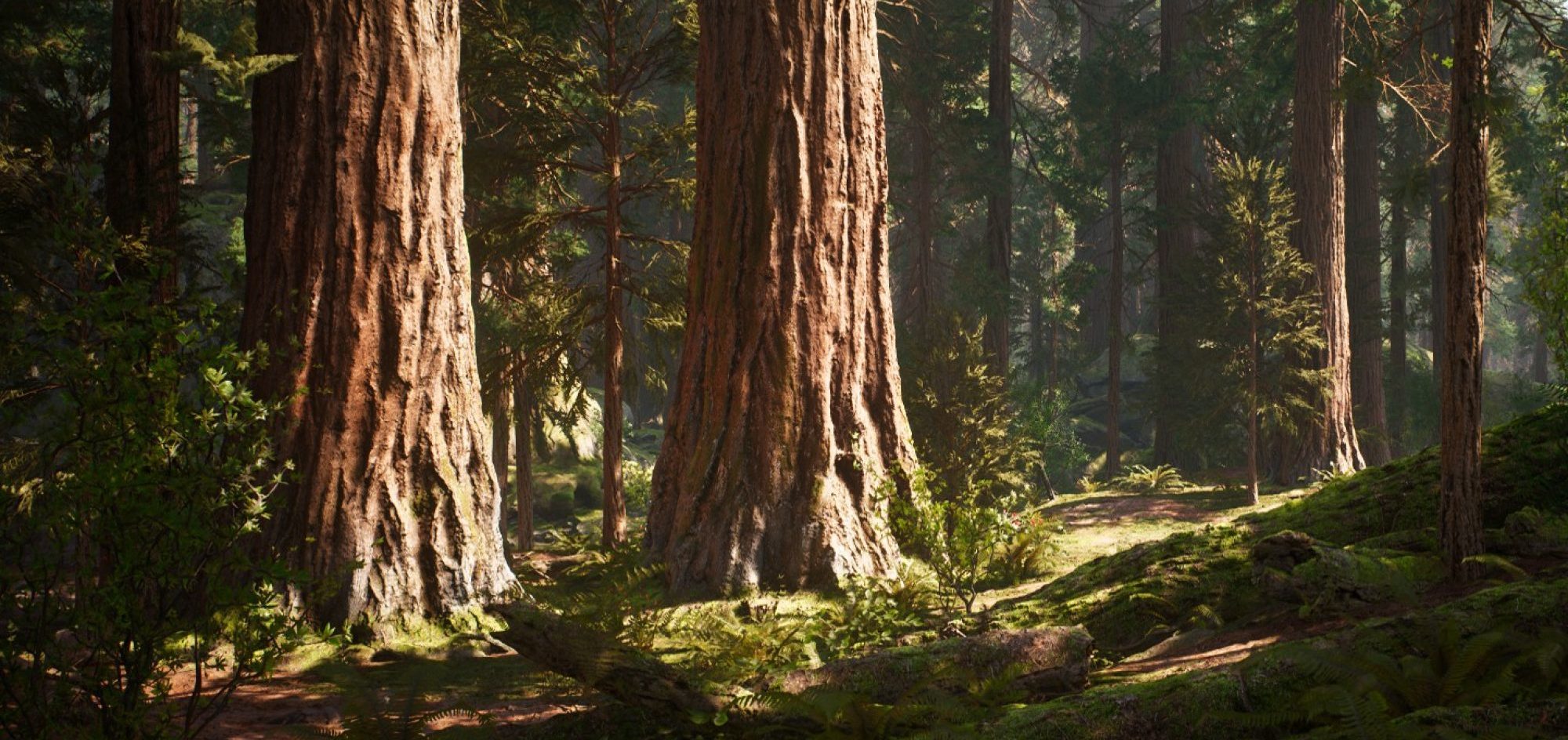grok (grawk) vt., vi. [<Martian, to drink] 1. a) to merge, blend, intermarry; lose identity in group experience b) to become one with c) being identically equal 2. to understand something so thoroughly that you merge with it and it merges with you 3. the observer becomes part of the observed
So, What Does It Mean to “Grok In Fullness?”
For those of you unfamiliar with the term, the word “grok” was coined by author Robert A. Heinlein for use by his character Valentine Michael Smith in his classic science fiction novel Stranger in a Strange Land. The title comes from the fact that Mike is the only survivor of the first human expedition to Mars. When Earth gets around to putting together a rescue mission, some twenty years later, they find that Mike — a child born out of wedlock between two of the original members of the exploration team — has been raised by the Martians. The book then details Mike’s “adventures” as he is brought back “home,” explores human nature, and tries to bring the Martian philosophy to Earth.
In this book we find Mike using the term “grok” frequently. At first when he says “I grok” it appears to mean “I understand.” But later, in response to a question, Mike declares that grok means “to drink” in a literal translation from the Martian. As his friends discuss the term further they determine that the exact meaning is hard to pin down because in Martian it tends to imply everything that humans mean when they refer to religion, philosophy, and science. So the phrase “may you always grok in fullness” is intended to convey your hope that someone will not jump to conclusions, will not immediately pass judgment, will not act without thought; but instead will look at every problem, opportunity, and action from any and all perspectives. It is asking that the recipient try to understand a situation so thoroughly that they effectively become one with it — that they can see all of the other points of view from all of the other perspectives. Then, once this “understanding” has been attained — once the observer has become part of the observed and understands its perspective — then they can act in full confidence that they will do the best and the right thing.
The book explains it this way:
“….. ‘grok.’ Its literal meaning, one which I suspect goes back to the origin of the Martian race as thinking, speaking creatures-and which throws light on their whole’map’-is quite easy. ‘Grok’ means ‘to drink.'” “Huh?” said Jubal. “But Mike never says ‘grok’ when he’s just talking about drinking. He-” “Just a moment.” Mahmoud spoke to Mike in Martian. Mike looked faintly surprised and said, “‘Grok’ is drink,” and dropped the matter. “But Mike would also have agreed,” Mahmoud went on, “if I had named a hundred other English words, words which represent what we think of as different concepts, even pairs of antithetical concepts. And ‘grok’ means all of these, depending on how you use it. It means ‘fear,’ it means ‘love,’ it means ‘hate’-proper hate, for by the Martian ‘map’ you cannot possibly hate anything unless you grok it completely, understand it so thoroughly that you merge with it and it merges with you-then and only then can you hate it. By hating yourself- But this also implies, by necessity, that you love it, too, and cherish it and would not have it otherwise. Then you can hate-and (I think) that Martian hate is an emotion so black that the nearest human equivalent could only be called a mild distaste.” Mahmoud screwed up his face. “It means ‘identically equal’ in the mathematical sense. The human cliche, ‘This hurts me worse than it does you’ has a Martian flavor to it, if only a trace. The Martians seem to know instinctively what we learned painfully from modern physics, that the observer interacts with the observed simply through the process of observation. ‘Grok’ means to understand so thoroughly that the observer becomes a part of the process being observed-to merge, to blend, to intermarry, to lose personal identity in group experience. It means almost everything that we mean by religion, philosophy, and science-and it means as little to us as color means to a blind man.” Mahmoud paused. “Jubal, if I chopped you up and made a Stew of you, you and the stew, whatever else was in it, would grok-and when I ate you, we would grok together and nothing would be lost and it would not matter which one of us did the chopping up and eating.” “It would to me!” Jubal said firmly. “You aren’t a Martian.” Mahmoud stopped again to talk to Mike in Martian. Mike nodded. “You spoke rightly, my brother Dr. Mahmoud. I am been saying so. Thou art God.” Mahmoud shrugged helplessly. “You see how hopeless it is? All I got was a blasphemy. We don’t think in Martian. We can’t” “Thou art God,” Mike said agreeably. “God groks.”
An outline of the plot
Characters in the book.

